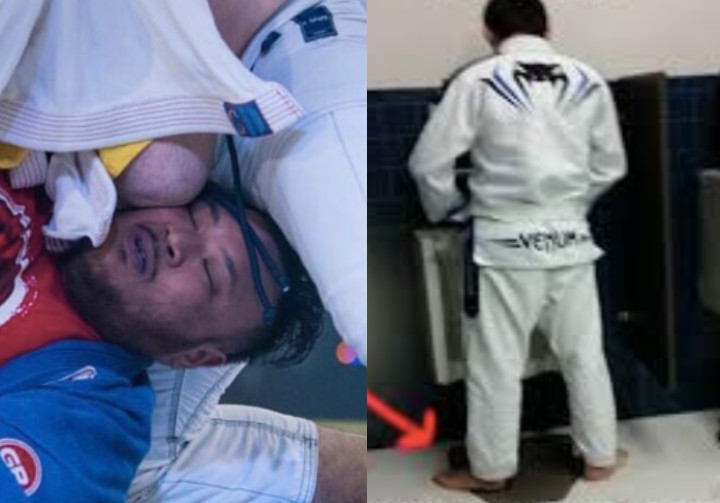Maintaining Hygiene in Jiu-Jitsu: The Importance of Cleanliness in Combat Sports.
In the world of Jiu-Jitsu, where close contact is inevitable, maintaining proper hygiene is not just a matter of courtesy but also a critical aspect of health and safety. A recent discussion in the Jiu-Jitsu community highlighted several hygiene-related behaviors that, while often overlooked, are crucial for the well-being of practitioners.
The Hygiene Essentials for Jiu-Jitsu Practitioners
Showering Before Training: It’s essential to come to training clean. After a day’s work, especially in physically demanding jobs, practitioners must ensure they are free from dirt, sweat, and bacteria before stepping onto the mats.
Trimming and Cleaning Nails: Long or dirty fingernails and toenails are not only unpleasant but can cause cuts and infections. Regular trimming and cleaning are necessary to prevent injuries and maintain a safe training environment.
Washing Training Gear: Regularly washed gear, including gis and rash guards, is crucial. Stinky and dirty training gear is not only offensive to others but can also harbor harmful bacteria leading to skin infections.
Dealing with Open Wounds: Any cuts or open wounds must be adequately covered and protected. Training with open wounds increases the risk of infection both for the individual and their training partners.
Maintaining Dental Hygiene: Bad breath can be off-putting in a sport that requires close physical contact. Regular brushing and the use of mints or mouthwash can help maintain freshness.
Using Clean Footwear: Walking barefoot in areas outside the training mat can transfer dirt and bacteria. Practitioners should use dedicated footwear for the gym to maintain mat cleanliness.
Avoiding Training When Sick: Coming to train while sick, especially with a contagious illness, is not advisable. It’s important to fully recover before returning to the mats to prevent spreading illness to others.
The Consequences of Poor Hygiene in Jiu-Jitsu
Poor hygiene in Jiu-Jitsu is not just about unpleasant odors or discomfort. It poses serious health risks, including the spread of bacterial infections like staph and fungal infections like ringworm. These can lead to significant downtime from training and, in severe cases, serious health complications.
The Collective Responsibility for Hygiene
Maintaining hygiene in Jiu-Jitsu is a collective responsibility. It’s not only about individual health but also about respecting fellow practitioners. Instructors and gym owners can play a pivotal role by setting clear hygiene standards and educating students on the importance of cleanliness in a combat sports environment.
Upholding Hygiene Standards in Jiu-Jitsu
Hygiene in Jiu-Jitsu goes beyond basic cleanliness. It is a fundamental aspect of the sport that ensures a safe, healthy, and respectful training environment. By adhering to these hygiene practices, practitioners can contribute to a positive and safe training experience for everyone involved.




















